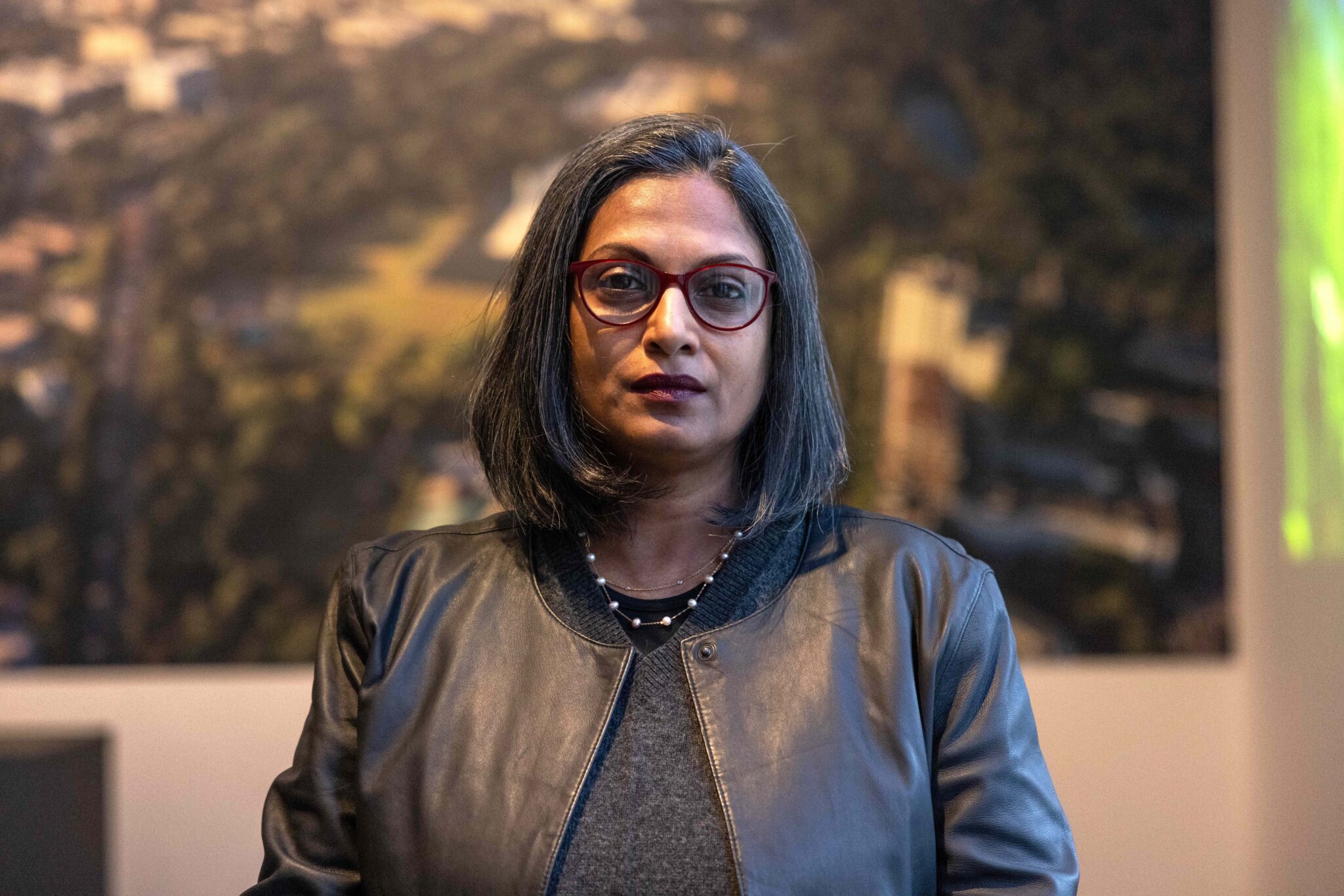With mental health rising up the agenda in architects’ offices, Emily de Ste Croix explains the programme of activities and studio discussions intended to improve wellbeing at Stanton Williams

Mental health is a pressing issue in architecture, exacerbated by the ongoing Covid crisis. Recent RIBA study figures warn that 40 per cent of people in the profession say their mental health had been affected during the pandemic, and 20 per cent are reporting they felt isolated.
The problem is urgent, but not always addressed – often due to lack of guidance about where to go for help, or the stigma that surrounds mental health. But as is highlighted by the Mayor of London’s ‘Supporting Diversity Handbook’, poor mental health disadvantages those working or on their educational path in the built environment.
Being conscious of the potential mental health strain the pandemic could place on our team at Stanton Williams, we realised it was time to actually do something more about it. It was essential to put mental health on the agenda and start by honestly talking about it with each other.
The initiative was championed by our recently established Equality, Diversity and Inclusivity working group. As a continued effort to foster diversity, the group’s primary purpose is to listen to all staff, promote discussion and debate on equality and diversity issues, and form positive recommendations for the practice to adopt for the benefit of all.
We hosted an open forum on how Stanton Williams can create internal policies to set healthy boundaries in a digital world”
In October, ahead of Mental Health Awareness Day, we invited the consultancy Shine Offline to talk to the studio and help us come up with ways of improving our digital wellbeing. We soon realised we could go further to raise awareness. The digital wellbeing talk grew into a month of activities, aiming to invite discussion and create an open culture around the topic of mental health. We held a ‘Tea & Talk’ event for Mental Health Awareness Day – with a surprise delivery of brownies for our team – encouraging everyone to take a break and have a chat. Each Monday we shared useful tips from the Architects’ Mental Wellbeing Toolkit developed by the Architects’ Mental Wellbeing Forum, funded by the Architects’ Benevolent Society. Continuing into November, we hosted an open forum on how Stanton Williams can create internal policies to set healthy boundaries in a digital world; most of us are finding we are on screen and online more than previously, and have at some point experienced ‘Zoom fatigue’, or a lack of ‘hard lines’ between work and the rest of life.
We were pleased to see so many colleagues participate and feed in constructive ideas for improving our wellbeing in difficult times, collectively and as individuals. We will be carrying some of the suggestions into new internal guidance, and will continue to organise informal chats and encourage an open debate. We are also looking into training our first cohort of Mental Health First Aiders.
The feedback also got us thinking about the type of physical environment we want to return to. While working from home accelerated our ideas on agile working and work-life balance, it has also reinforced the importance of the studio environment for social interaction, creativity and wellbeing. We are now re-examining how our studio space can encourage this and make a difference when a return to the office is possible.
Feedback got us thinking about the type of physical environment we want to return to”
This is just the beginning of the journey, and we still have a lot of progress to make. Ultimately, we need to change the taboos around mental health, so that it is seen as no different to physical health issues. We believe that in order to create an environment where people can thrive, all employees should be supported and encouraged by their employers to talk about mental health.
The key message is: if life feels out of balance, you are not alone. Do talk to anyone you may feel comfortable talking to – HR, manager or peer, family or friends. Reach out to your GP for professional advice or to a charity such as Architects Benevolent Society, Mind or Mental Health Foundation.
It’s important that our team, and everyone, knows that there are people who care, there are people who want to listen.
















